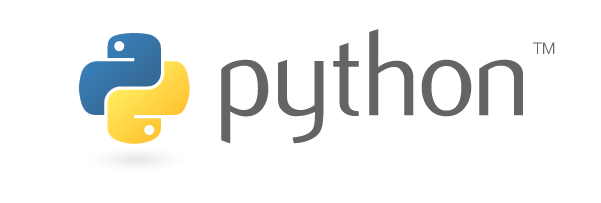There is a new subject Hl7 mapping this standard. Hl7 is one of the main standards related to health, it defines more than 140 data models for the management of health information.
The next data model is the Account data model. In order to make it compatible with NGSI-LD some minor adjustments were necessary: 1) A limit in the recursive definition of data models has been applied (only 4 levels). 2) Change the ‘const’ clause in json schema by an enum of one value to make it compatible with YAML (open API 3.0). 3) the type attribute has been renamed to hl7type because otherwise conflicts with NGSI. Regarding the recursive definition of attributes, we expect that it would be more than enough for most of the practical applications. There are another 139 data models in the queue and we hope that soon they will be available.
See it in subject Hl7 in the Smart Health domain.
- Account. A financial tool for tracking value accrued for a particular purpose. In the healthcare field, used to track charges for a patient, cost centers, etc.










